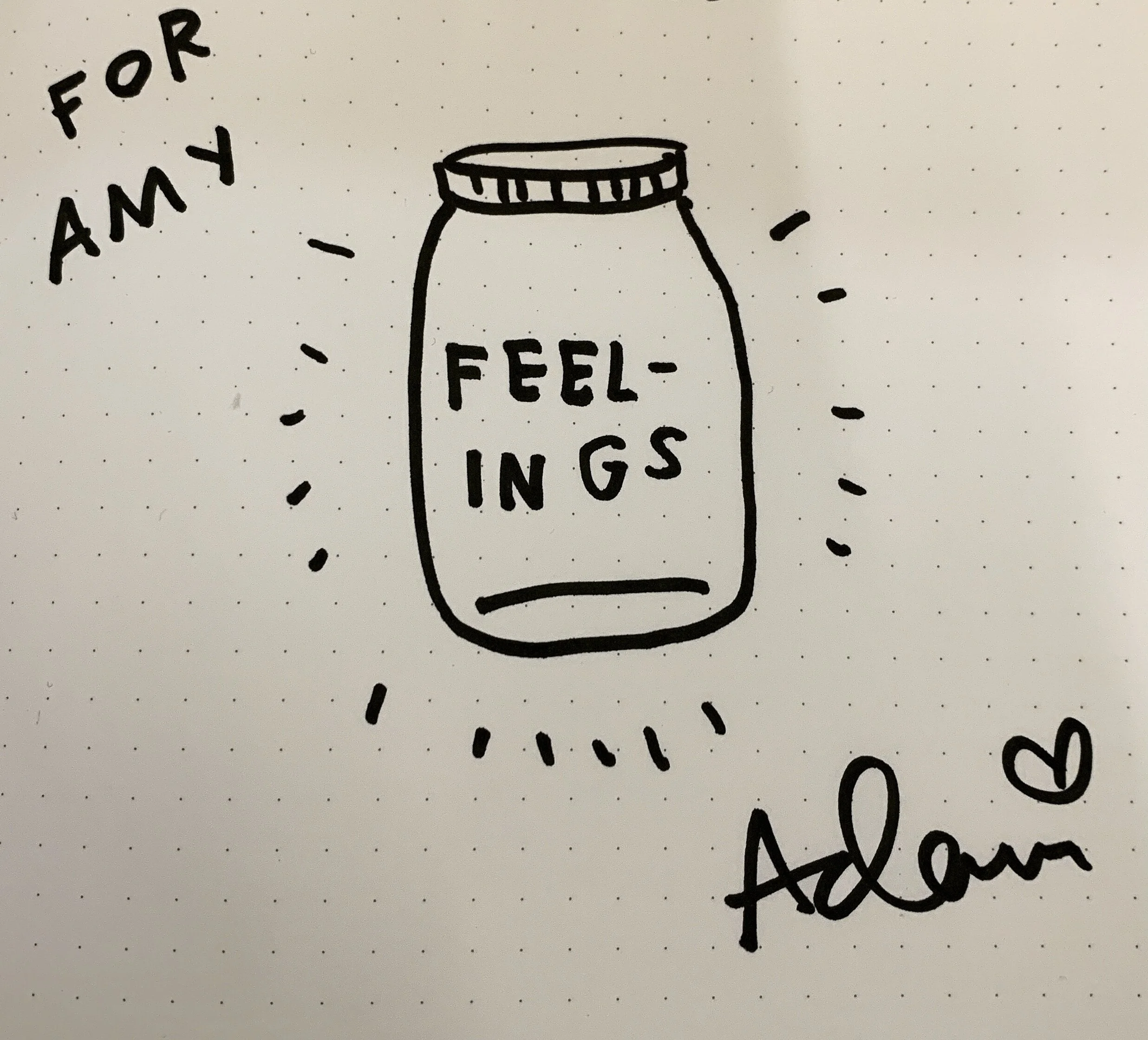Self-Publishing is Punk
I hold it as truth that everyone has something unique and valuable to contribute.
Even people who feel like they don't have "original" ideas or deep insights can give their own perspective, connect ideas together, or even present an old idea — and pretty much all ideas are old — at the right time and place for someone to whom it's a new, and perfectly relevant, idea.
Here be gatekeepers
Until the last couple of decades, most channels to share ideas widely have been blocked by gatekeepers. Editors, teachers, judging panels, grant committees, curators, and investors controlled access to resources and audiences based on their assessment of the quality, novelty, appropriateness, saleability of the artist's work — or any number of other inscrutable metrics.
Gatekeeping isn't just a benign, objective mechanism to distribute limited resources. It can be a tool to enforce existing structures of oppression.
The 2019 documentary This Changes Everything, produced with the backing of the Geena Davis Institute on Gender in Media, explains how in the early days of cinema, when everyone scraped together their own resources to make films, women were well-represented both in front of and behind the camera. But when films got bigger and more expensive to produce, the banks got involved as investors, and suddenly women were pushed out. Bankers didn't want to invest in movies that were directed and written by women.
There are lots of other examples of this. (That's code for: I want to finish this post today and I just spent 40 minutes down a rabbit hole trying to find the interview with Kevin Kwan, which I might have imagined, where he talks about the trouble he had getting published, with some editors saying his work was "too Asian" and others saying it was "not Asian enough".)
The point is, gatekeeping is not an entirely practical system. It also serves to quieten the voices that threaten the status quo and that afflict the comfortable.
Seize the means of creation
Gatekeeping gets in the way of sharing work, which is bad because you have something of value to share. The solution is to do an end run around gatekeepers by self-publishing.
If you're a blogger, a zine maker, a crafter, a vlogger, or an indie musician, you're a self-publisher. Anyone who distributes their work directly to their audience is a self-publisher.
Self-publishing has been around for as long as people have been creating, but over the last couple of decades new technology has made it possible to easily distribute creative works of all kinds to an international audience.
You can publish books on Lulu or Kindle. You can sell crafts and artwork on Etsy. You can distribute music on Bandcamp. You can publish personal essays on a blog. You can distribute art on Artfinder or Artspan. You can put movies or video essays on YouTube or Vimeo.
(Note that I'm not endorsing or anti-endorsing any of these services. They all have benefits and disadvantages for both creators and audience.)
Independence and imperfection
Punk music arose in the '70s in part as a response to the overly produced music of the rock and roll mainstream. It was through punk and pub rock that independent music companies gained ground in the music industry.
Along with an independent spirit, one of the defining characteristics of punk is that it's... well, it's bad. Or to be more precise, it's not expertly executed. You don't have to be a skilled musician to be punk — in fact, it’s better if you're not. Punk is more about ideas and emotions than production values.
The punk ideology of imperfection and independence is still relevant. One of my favourite "punk" creators is designer and artist Adam J. Kurtz. I met him a couple of years ago and asked him to sign my notebook. As well as signing his name, he drew the Feelings jar, joking, "I can only draw three things."
Indeed, you can see from the items for sale on Kurtz's website that he doesn't draw perfect, beautiful representations of things. His drawings are crude, his penmanship serviceable at best. But it doesn't matter, because his work is witty, genuine, and touching. He expresses what he's feeling, which in turn expresses what other people are feeling, and so the connection is made.
Don't get me wrong: production values are great. I love the elaborate perfection of opera and k-pop, Beyoncé's 2018 Coachella performance and HBO's Succession. But mistakes, imperfections, signs of humanity — brushstrokes, a vocal crack, a missed dance step — remind you that behind these amazing works are human beings. The imperfections are where the connection is made.
Be punk
Being yourself, expressing yourself, is inherently a subversive act. It denies the gatekeepers the ability to mute your voice. And you don't have to take on the gatekeepers' job by waiting until your work is perfect, or until you are perfect, before you share it.
Take your inspiration from punk and just shout it out.
Credit
Photo taken by Shalom at Polish Wikipedia.


